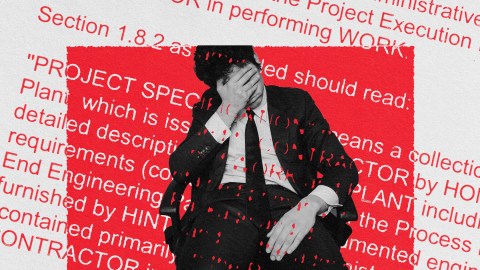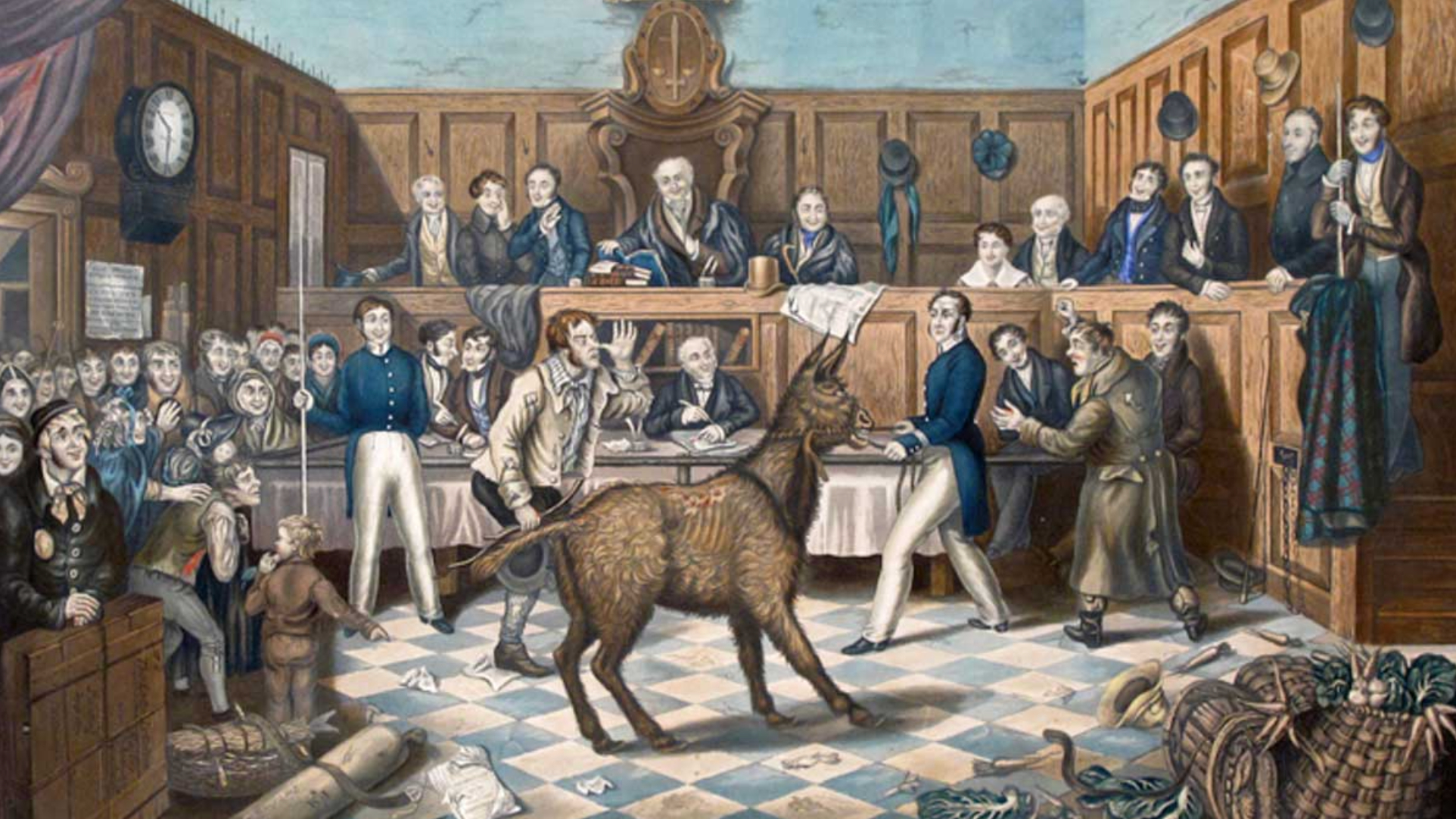Even lawyers hate “legalese”

- Legalese is the convoluted language used in legal documents. Even though it’s the frequent focus of disdain, it remains in common use.
- In a new study, researchers found that lawyers have a hard time understanding contracts written in legalese compared to simplified writing. Lawyers also rated contracts in plain English as higher quality and just as legally enforceable.
- Lawyers are likely reusing the same old legal documents used in the past. Thus, legalese likely persists due to a mix of legal precedent and good old-fashioned laziness.
“In witness whereof, the parties hereunto have set their hands to these presents as a deed on the day month and year hereinbefore mentioned.”
Translation: Two people signed a legal contract on a specific date.
The initial sentence is an example of legalese, the convoluted language often used by lawyers in legal documents. If you have ever signed an apartment lease or a mortgage or skimmed the “terms and conditions” from various software companies, you’ve experienced legalese.
As Robert Benson, an emeritus professor of law at Loyola Law School in Los Angeles, described in a 1987 article, legalese is dull, pompous, filled with long sentences, misplaced phrases, and esoteric words, while simultaneously lacking pronouns. This all makes it very hard to understand. Benson put his disdain for legalese on full display in a 1985 article calling for its demise.
“It is not merely different as prose styles go; it is strange in the extreme, off the edge of the range of normal prose styles even in a diverse society. It is so out of touch with ordinary language that — in the hands of a powerful, exclusive profession — it becomes at best a symbol of alienation and at worst a tool to intimidate and exploit the public.“
But despite Benson’s best efforts to thwart his fellow lawyers‘ esoteric, off-putting writing over the ensuing decades, legalese is still with us. Is it because this sort of writing is simply necessary for legal matters? Do lawyers perhaps use it to create an aura of expertise? Or does legalese persist out of plain old habit? A new study published in the Proceedings of the National Academy of Sciences sought to find out.
Legalese vs. plain language
The MIT and University of Edinburgh researchers behind it carried out two different surveys, each of more than 100 lawyers. In the first experiment, they presented lawyers with twelve pairs of contract excerpts, one written in legalese and the other written in plain English. For each contract, they tested the lawyers’ comprehension and recall. They found that lawyers were better at comprehending and recalling information from the contracts written in plain English.

In the second experiment, the researchers presented the contracts from the first experiment to a different set of lawyers and asked them to rate the overall quality and enforceability of each contract, if they would be willing to sign off on the contract as written, and to assess the likelihood that a client would agree to the contract’s terms. The respondents viewed plain language contracts as being of higher quality, were more likely to say that they would sign them, and predicted that clients would prefer them. Most importantly, the lawyers acknowledged that such contracts would be just as enforceable as contracts written in legalese.
Why legalese persists
Taken together, the findings of both experiments suggest that there is no point to legalese. So why does it persist? “Lawyers may simply draw from old, preexisting templates laden with arcane and convoluted language due to that being easier and cheaper to produce than drafting a simpler contract from scratch,” the authors speculated.
Professor Claire Hill, the James L. Krusemark Chair in Law at the University of Minnesota, acknowledged this in a 2001 article.
“Lawyers have come up with a production process by which each lawyer can access the accumulated wisdom of many: the ‘form.’ The form is typically not a form in the ‘fill-in-the- blanks’ sense; rather, it is an actual contract the lawyer or someone she works with has used in one or more previous transactions.”
So even though nobody, not even lawyers, likes legalese, it apparently persists due to a mix of legal precedent and good old-fashioned laziness.





